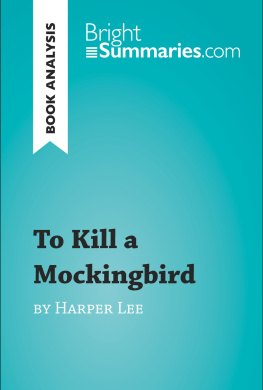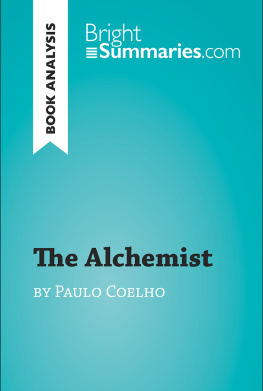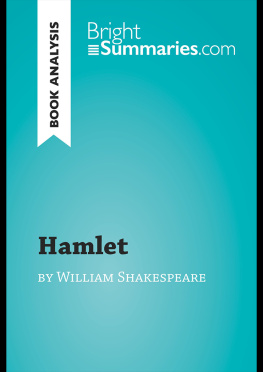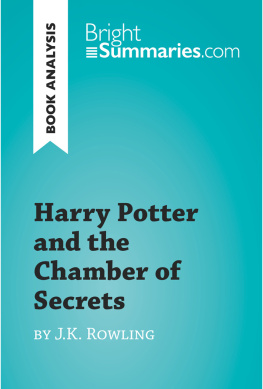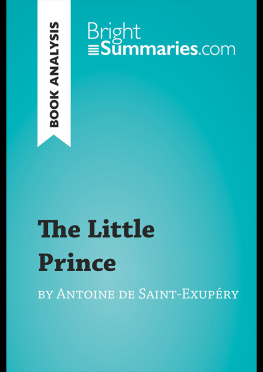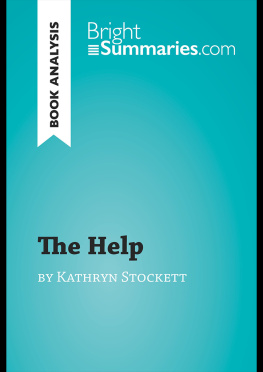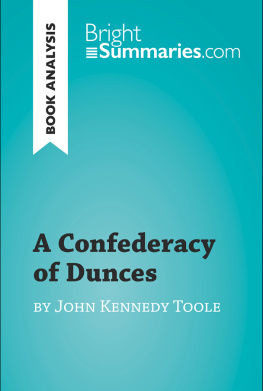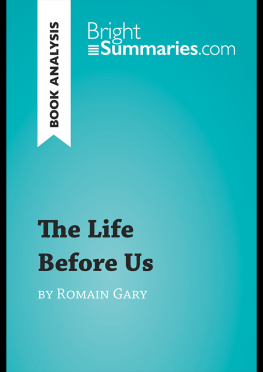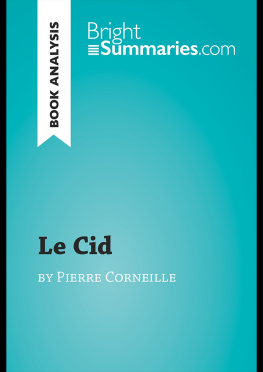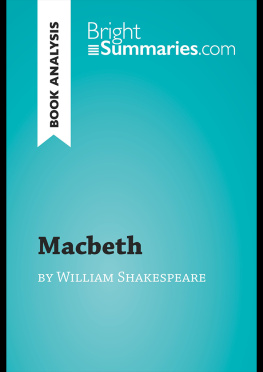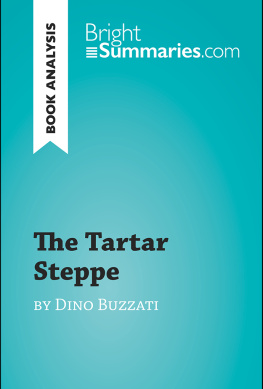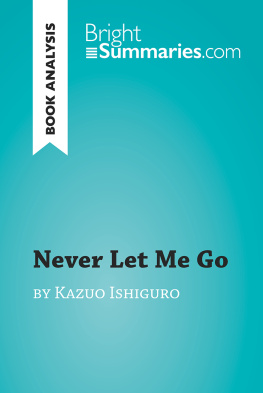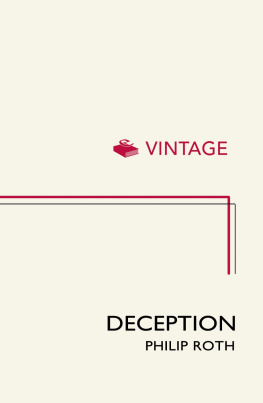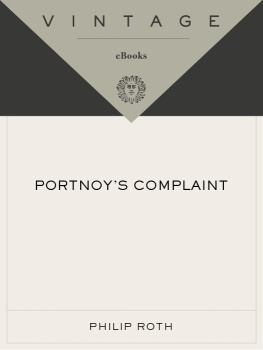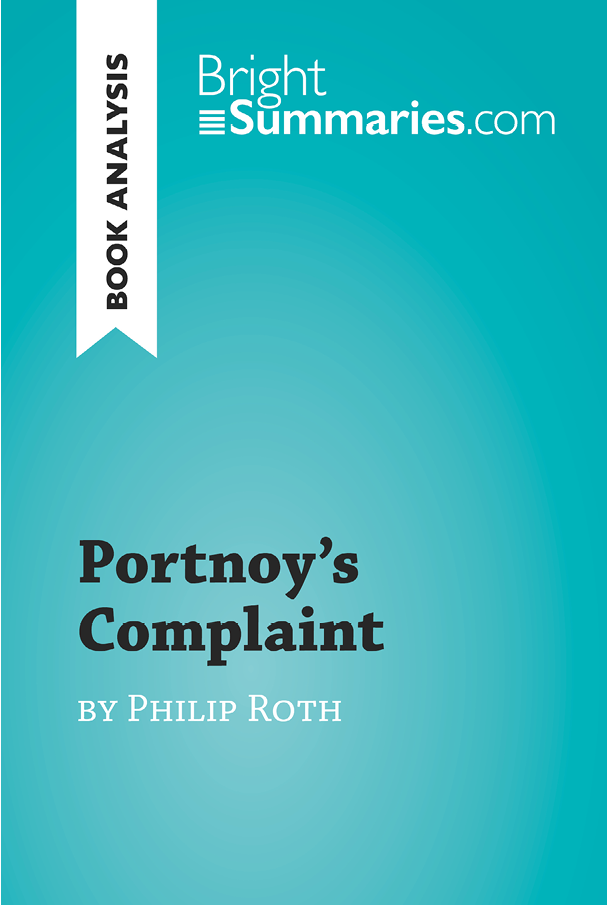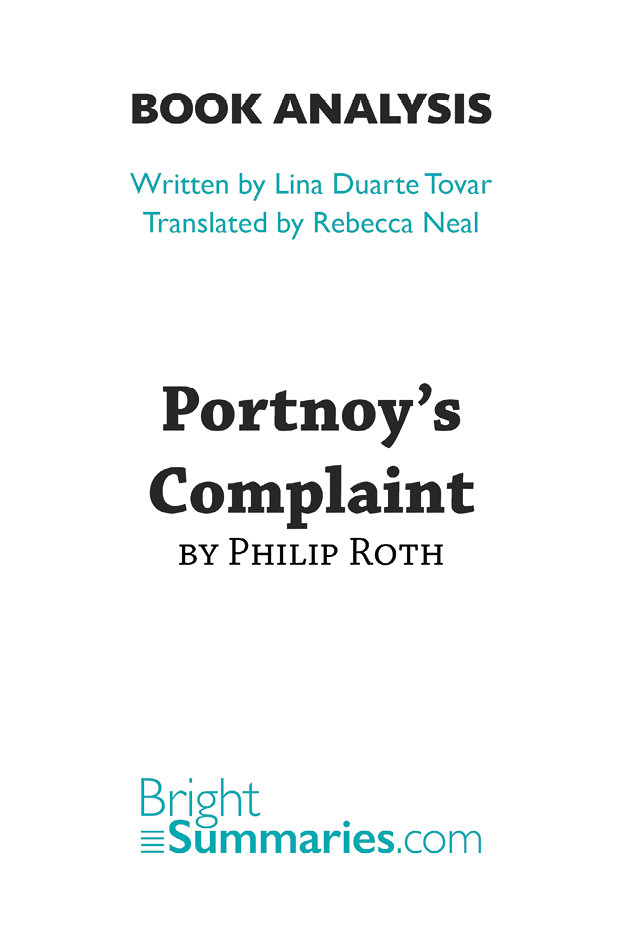Philip Roth
American novelist
- Born in Newark (New Jersey) in 1933.
- Literary awards:
- Three-time winner of the PEN/Faulkner Award for Fiction, 1994, 2001 and 2007 (for Operation Shylock , The Human Stain and Everyman )
- Pulitzer Prize in Fiction, 1998 (for American Pastoral )
- Gold Medal in Fiction from the American Academy of Arts and Letters, 2001
- Prince of Asturias Award for Literature, 2012
- Notable honours:
- National Medal of Arts, 1998
- Honorary Doctor of Letters degree from Harvard University, 2003
- Notable works:
- Letting Go (1962), novel
- The Breast (1972), novella
- Operation Shylock (1993), novel
- American Trilogy (comprising American Pastoral , 1997; I Married a Communist , 1998; and The Human Stain , 2000), novels
The American writer Philip Roth is the second son of an American Jewish family that originated from the Ukrainian-Polish region of Galicia. He grew up in the mainly Jewish neighbourhood of Weequahic in Newark, New Jersey, and this had a major influence on much of his work. He studied English at Bucknell University in Lewisburg, Pennsylvania, before earning an M.A. in English Literature from the University of Chicago and teaching English there. He then taught creative writing at the University of Iowa and Princeton University, and comparative literature at the University of Pennsylvania. He retired from teaching in the early 1990s.
At the University of Chicago, Roth met two other influential writers, namely Saul Bellow, who shared his Jewish origins, and Margaret Martinson, who went on to become his first wife. His dysfunctional relationship with Martinson and subsequent divorce had a major impact on his writing, and she provided the inspiration for a number of his female characters, including Mary Jane Reed in Portnoys Complaint (1969). This was Roths most successful novel to date: although he had first found fame with the short story collection Goodbye Columbus (1959), which won the 1960 US National Book Award for Fiction, he had failed to repeat this success with his subsequent works, namely Letting Go (1962) and When She Was Good (1967).
The 1970s was a decade of major creative experimentation for Roth, as he dabbled in a range of genres, including political satire with Our Gang (1971) and Kafkaesque absurdism with The Breast (1972), and introduced one of the recurring characters in his works, namely Nathan Zuckerman, the protagonist of books including The Ghost Writer (1979), Zuckerman Unbound (1981), The Anatomy Lesson (1983), The Counterlife (1986) and Exit Ghost (2007). Roths most successful decade was arguably the 1990s, when he wrote Operation Shylock (1993), Sabbaths Theater (1995) and his so-called American Trilogy , comprising the Pulitzer Prize-winning American Pastoral (1997), I Married a Communist (1998) and The Human Stain (2000).
Although he has never won the Nobel Prize in Literature, arguably the most prestigious award for a living writer, he is probably the most decorated American writer of his generation no small feat, considering that his contemporaries include such illustrious figures as Thomas Pynchon, Don DeLillo and Cormac McCarthy. In his extensive body of work, a clear progression is visible from his earliest novels and short stories, which tend to focus on the conflict between traditional Jewish morality and young American Jews search for an identity of their own, and his later books, which often reflect on his role as a writer and a son, and on the relationships between art and life and illness and death. Roth received the Prince of Asturias Award for Literature in 2012, and shortly before the ceremony (which he could not attend because of a back operation), he told the French magazine Les Inrockuptibles that he had retired from writing and that Nemesis (2010) would be his last book.
Roths autobiographical writing
Roth has written two volumes of memoirs, namely The Facts: A Novelists Autobiography (1988) and Patrimony: A True Story (1991). The Facts recounts his life from his childhood to his rise to become a renowned but controversial writer, while Patrimony focuses on his fathers death from a brain tumour and received the 1991 National Book Critics Circle Award.
Portnoys Complaint
A heady mixture of rage and lust
- Genre: novel
- Reference edition: Roth, P. (1994) Portnoys Complaint . New York: Vintage.
- st edition: 1969
- Themes: the tension between the Jewish and non-Jewish worlds, sexuality, shame, the role of women
Portnoys Complaint is Philip Roths fourth book, and was the novel that catapulted him to fame and made him one of the most controversial writers of the second half of the 20 th century. This reputation stretched beyond his native America to countries as far afield as Australia, where the novel was initially banned due to its sexually explicit content.
The novel takes the form of a monologue delivered by Alexander Portnoy during his psychoanalysis sessions with Doctor Spielvogel. Portnoy is a Jewish lawyer who works as the Assistant Commissioner for the City of New York Commission on Human Opportunity, and tells Spielvogel (and, by extension, the reader), about the different stages of his life so far and the influence his Jewish upbringing has had on him.
From page to screen
Portnoys Complaint was adapted into a film directed by Ernest Lehman and starring Richard Benjamin and Karen Black in 1972.
Summary
The novel is structured around Portnoys sessions with his psychoanalyst, which means that the narrative does not progress in chronological order, but jumps between the past (Portnoys childhood) and the present (his adulthood). He is trying to explore his actions and feelings in order to cure his malaise, which his psychiatrist dubs Portnoys Complaint, meaning [a] disorder in which strongly-felt ethical and altruistic impulses are perpetually warring with extreme sexual longings, often of a perverse nature (Front Matter). In this section, we have arranged the key events in the protagonists life in chronological order for the sake of clarity.
Early years
From the novels first pages, we are aware of the ubiquity (pp. 4 and 5) of Alexs mother Sophie. At the age of five, Alex thinks that all his female teachers are his mother in disguise, checking that he is behaving himself and spying on the way he acts when she is not around. Alex does not grow out of this paranoia, which follows him into adulthood. His earliest memories reveal a world that is shaped by love, but also by fear and overprotectiveness.
Alex is the youngest son of a Jewish couple, Alex and Sophie, who see him as a kind of rough diamond who can be polished into a great man, not only in professional terms but also in his personal life. His father works hard during the week to provide for his family, which means that Sophie spends more time with the children, cooks for them and makes sure that they are clean so that they will not pick up germs and fall ill. However, in spite of her good intentions, her treatment of her children can be brutal: if Alexs behaviour is not completely impeccable at all times, she kicks him out of the house and threatens not to let him back in. When he does not want to eat, she sits next to him with a large bread knife and tells him that children who do not eat do not grow, and asks him whether he wants to be a successful man or an abject failure when he grows up. He feels threatened by the knife and decides to eat, knowing that he will have to be strong if he wants to survive.


